|
|
Foreign Policy published an article this week claiming that the energy crisis in Europe could last for years. Tagged with the subtitle “this winter will be bad, but next year’s could be worse.”
A limited energy supply could leave millions of families and homes cold and starving this winter. And it would have nothing to do with natural disasters caused by climate change. So what is causing it? Let’s find out.
Dig deeper → 3 min
We’ve heard about the dangers of climate change for years now and how it will lead us to mass migration, mass extinction, biodiversity loss, increased hurricanes, and severe storms, damaged soil and agriculture, and lower air quality.
And the advent of anthropogenic climate change instructs us to replace exploitative energy sources like fossil fuels with cleaner alternatives like wind and solar.
But if you’ve been following Sustainable Review, you’ll know that wind & solar are not the best forms of renewable energy; they rely on fossil fuels for blackout periods, and if we become over-reliant on an unreliable energy source, millions could freeze or starve.
That is not to say these things aren’t existential threats to humanity, and we shouldn’t take climate change seriously. Implementing renewable energy is a critical piece in solving the sustainability puzzle. But pretending like wind & solar is a superior alternative to coal and natural gas would be counterproductive at best.
If you want to learn about nuclear energy—read my thoughts here.
This post is dedicated to human greed. And should highlight the reality that human behavior will breakdown standard of living well before the planet’s degradation will.
It will take decades for food and energy shortages to become naturally-occurring, yet existing stakeholders—politicians, farmers, lobbyists, manufacturers—could cause these disasters today.
And that brings us to the broader point about the looming energy crisis in Europe, from which millions are at risk of freezing or starving.
Climate change is not causing an energy crisis in Europe.
Sure, this crisis will likely lead to a major setback for climate politics and the European Union’s diversion from fossil fuels. But the low-income households who feel the real implications of scarce energy resources don’t care about carbon footprints when they can’t keep their baby warm through the winter.
To find clear answers, we have to look to European leadership and decision-making over the past 5-10 years. Within it, you will find self-serving legislation, predatory business practices, and corrupted incentives.
A quick synopsis on the energy crisis in Europe
The first paragraph of the Foreign Policy piece reads “Europe is facing a generational energy crisis as it heads into winter. A shortfall of 150 billion cubic meters of gas—gas that Russia won’t be delivering to Europe this year because of its war in Ukraine—has left Europe scrambling to find alternatives and contain the fallout.”
You read that right. Gas prices in Europe aren’t eight times the average of the past 10 years because fossil fuels are failing us. European businesses and citizens aren’t at risk of being “warm and safe” this winter because of rising temperatures. European businesses and citizens are at risk because European leaders are failing their people.
Look at the United States, we had a clear opportunity to become energy independent in 2018. Yet, lawmakers decided not to. Europe had a similar opportunity to seek a more peaceful source of energy. They chose instead to rely on Russia as its main energy source. They did this despite Putin’s foreshadowing announcement to return to the Russian presidency in 2011.
Germany, Europe’s economic leader, did not intend to stop importing Russian gas even after Russia invaded Ukraine in 2014. To couple that, European leaders have self-regulated their carbon footprint, implementing harsher climate policies than any other region in the world.
No one thought that Nord Stream 2, Germany’s main energy source from Russia, would shut down from a military conflict. But the pipelines are now completely sabotaged, and they may never turn on again.
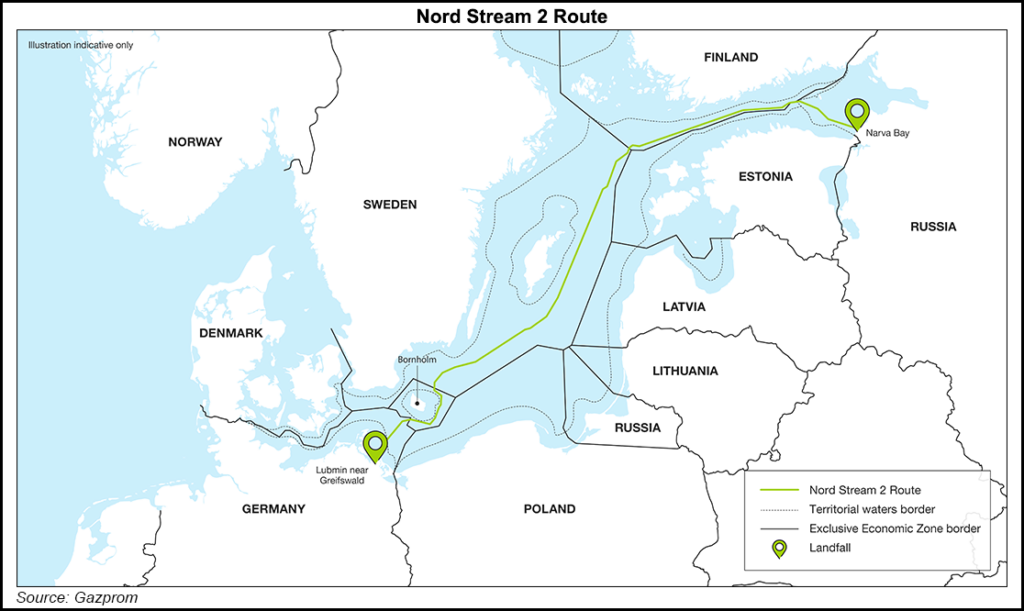
Germany will have to look to invest back into fossil fuel infrastructure. That may take Europe back years on its climate progress. The point I want to make is simple. The people who suffer from these political blunders are not suffering from anthropogenic climate change. They are suffering from poor leadership.
The looming energy crisis will be caused by short-term geopolitics, government politics and predatory business well before environmental factors.
With a lower energy output (shutting down coal plants) and overdependence on bad foreign actors, Europe placed itself between a rock and a hard place.
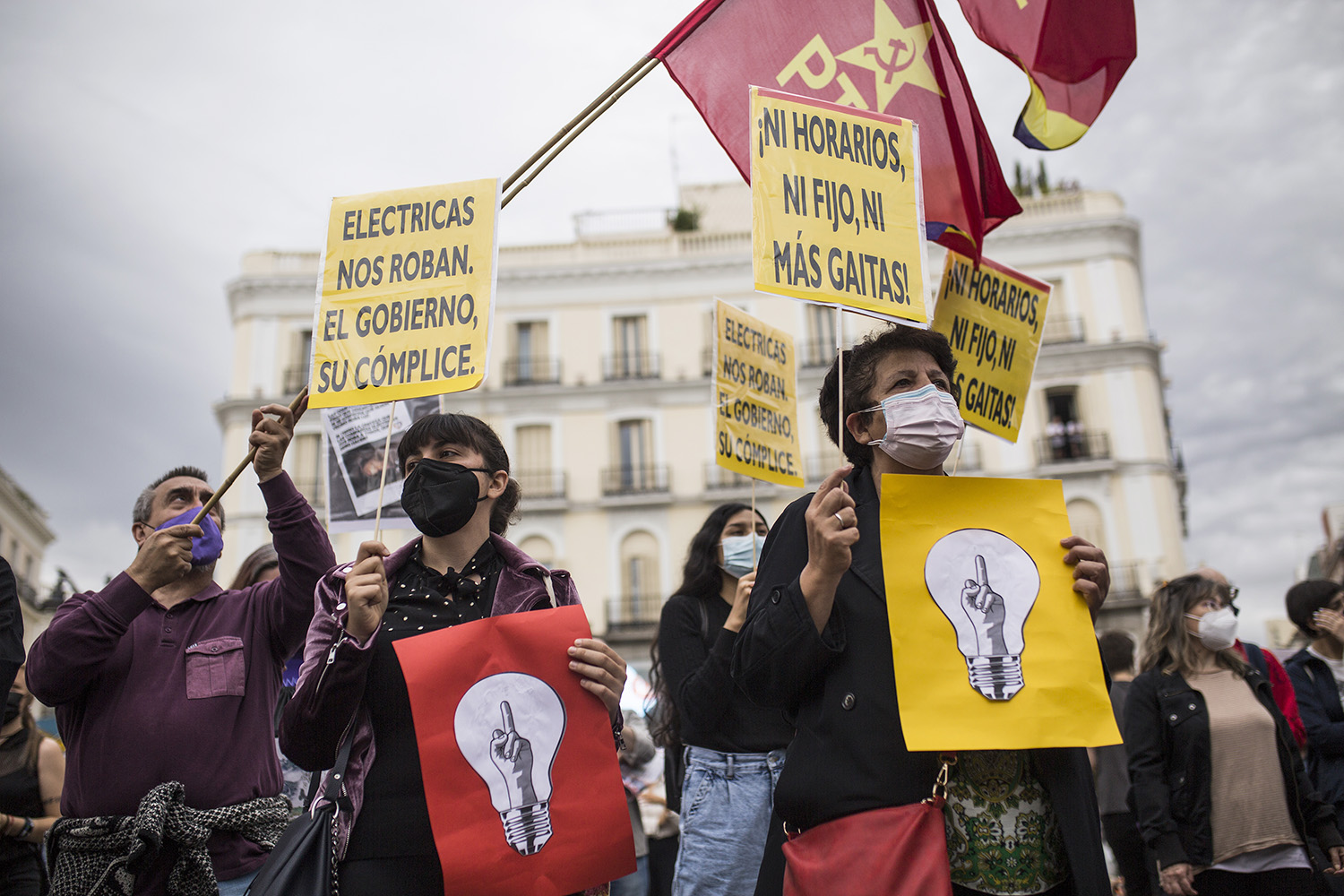

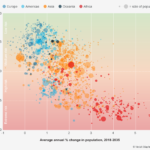
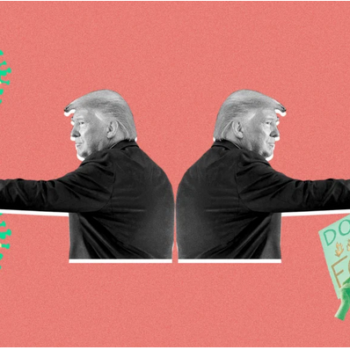
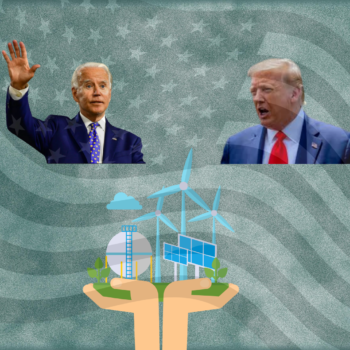
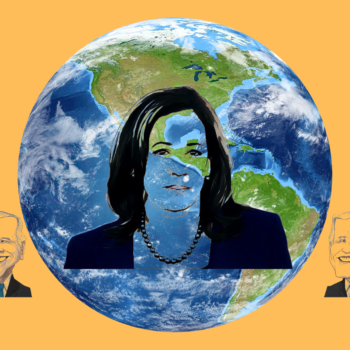
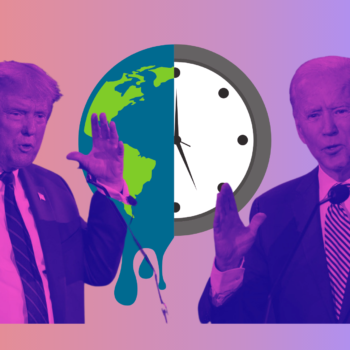

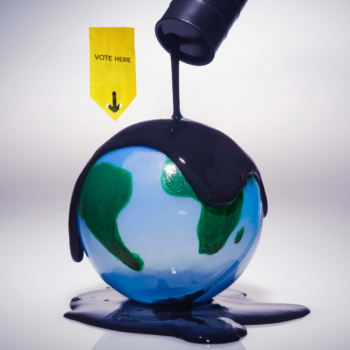
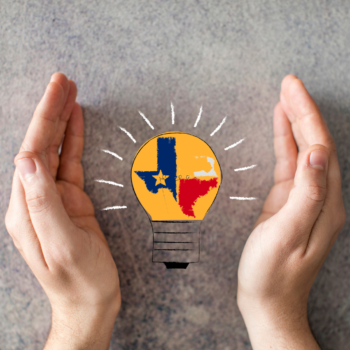



No Comments